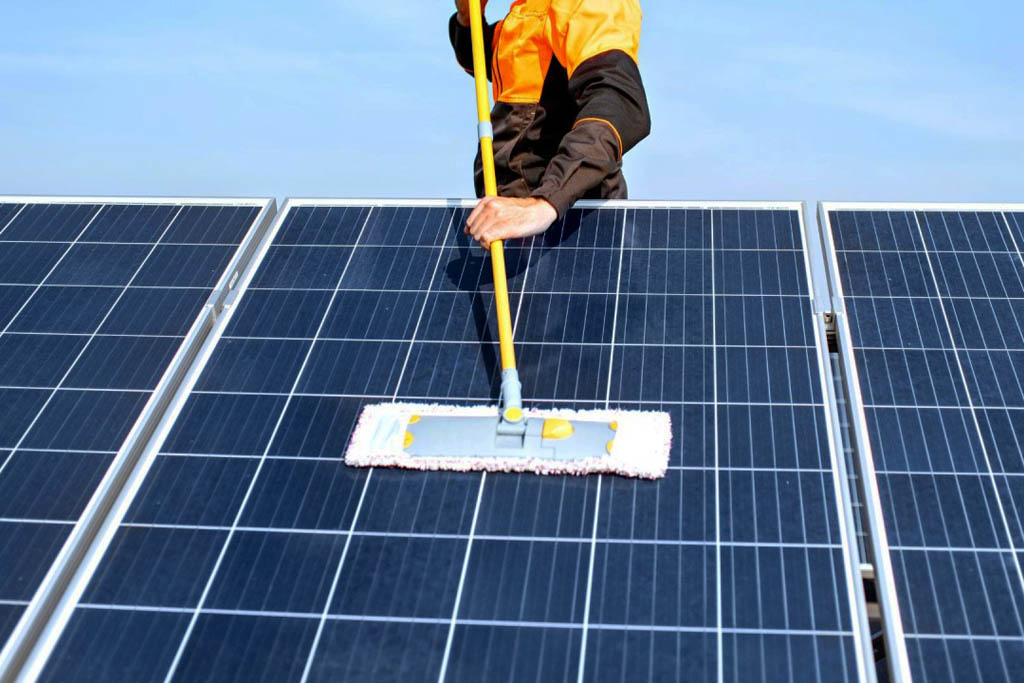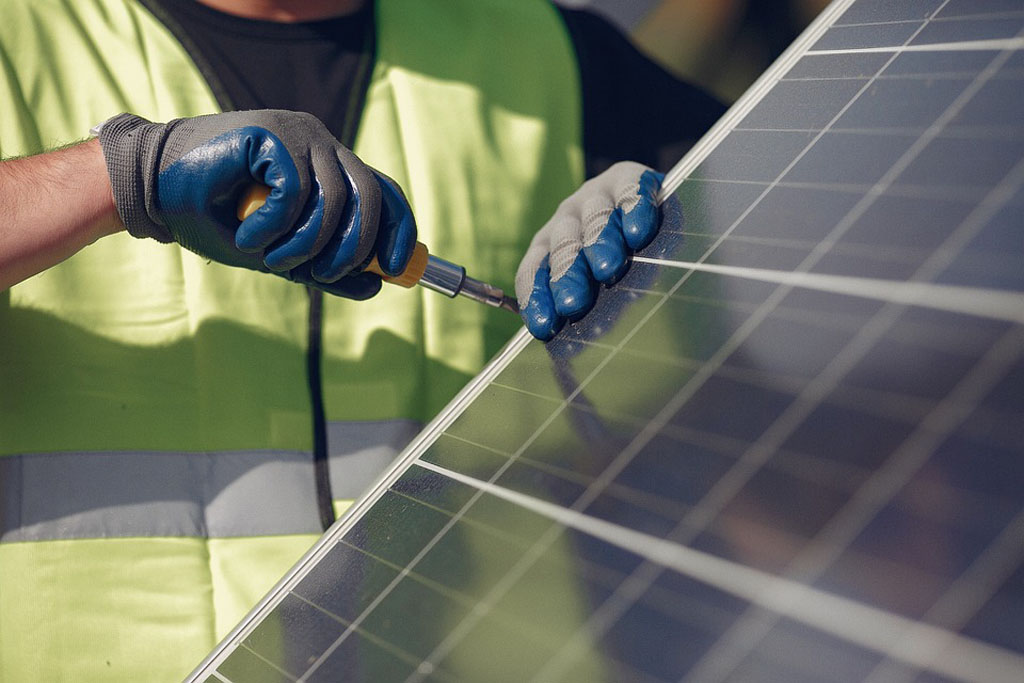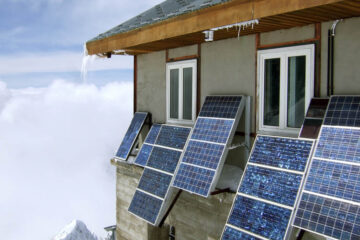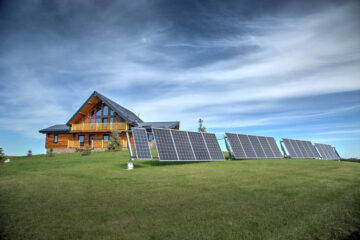Efficiently maintaining off-grid solar systems is crucial for ensuring consistent, reliable power generation. By implementing a comprehensive maintenance plan, off-grid solar system owners can maximize the lifespan and performance of their equipment.
In this blog post, we will discuss the essential steps and best practices for maintaining off-grid solar systems, including regular inspections, cleaning, and monitoring of all system components. Additionally, we will cover common issues that can affect system performance and how to troubleshoot and address them effectively.
Whether you are a homeowner, business owner, or off-grid community member, this guide will provide you with the knowledge and tools necessary to keep your off-grid solar system running smoothly for years to come.
Fundamentals of off-grid solar system maintenance
For off-grid solar systems to operate efficiently and reliably, regular maintenance is essential. This ensures that the system continues to generate electricity and meets the energy needs of the user. Proper maintenance also extends the lifespan of the system components, reducing the need for costly repairs or replacements.
Monitoring system performance
System performance should be monitored regularly to identify any issues that may affect the generation of electricity. This includes checking the output of the solar panels, battery voltage, and overall system efficiency. By monitoring these factors, any potential problems can be addressed early, preventing them from causing significant damage to the system.
Cleaning and inspecting solar panels
System solar panels should be cleaned and inspected periodically to ensure they are free from dirt, dust, and debris that can reduce their efficiency. In addition, a thorough inspection can uncover any physical damage or wear and tear that may require attention. Keeping the panels clean and well-maintained is essential for optimal energy production.

This ensures the system continues to operate at peak performance and maximizes the return on investment. Regular cleaning and inspection of the panels can prevent issues such as reduced efficiency and potential damage, saving both time and money in the long run.
Battery care and maintenance for off-grid solar systems
While maintaining an off-grid solar system is important for long-term reliability and performance, the care and maintenance of your solar batteries are crucial to the overall health of the system.
Types of solar batteries and their maintenance needs
The types of solar batteries used in off-grid systems include lead-acid, lithium-ion, and flow batteries. Each type has different maintenance needs and requirements to ensure their longevity and optimal performance. The table below outlines the specific maintenance needs for each type of battery:
- Lead-Acid
- Lithium-Ion
- Flow Batteries
After understanding the specific maintenance needs of each type of battery, you can implement a tailored maintenance plan for your off-grid solar system.
Strategies for maximizing battery life
Battery life is critical to the overall performance of your off-grid solar system. Implementing strategies to maximize battery life will result in long-term reliability and performance. Regular maintenance, proper charging and discharging practices, temperature control, and avoiding overcharging are all key strategies for maximizing battery life.
Batteries should be regularly inspected, and any issues should be promptly addressed to ensure optimal performance and longevity. Implementing these strategies will result in improved battery life and overall system reliability.
Inverter and charge controller health
Unlike grid-tied solar systems, off-grid solar systems rely heavily on the health and functionality of the inverter and charge controller. These components are essential for regulating the flow of electricity from your solar panels to your battery bank. It is crucial to regularly monitor and maintain these components to ensure the long-term reliability and performance of your off-grid solar system. For a comprehensive guide on solar panel maintenance, you can refer to Solar panel maintenance: Everything you need to know.
Ensuring proper inverter functionality
Proper inverter functionality is vital for converting the DC electricity generated by your solar panels into AC electricity that can be used to power your off-grid appliances. Regularly inspect the inverter for any signs of wear and tear, and ensure that it is well-ventilated to prevent overheating. Additionally, keep an eye on the inverter’s efficiency and performance to identify any potential issues before they escalate. It is also advisable to have a professional conduct routine maintenance and inspections to prolong the lifespan of your inverter.
Maintaining and setting charge controllers
One crucial aspect of maintaining off-grid solar systems is properly maintaining and setting the charge controllers. These devices regulate the voltage and current from your solar panels to ensure the optimal charging of your battery bank. Regularly check the charge controllers for any signs of corrosion or damage, and calibrate them according to the specific requirements of your battery bank. It is also important to clean and inspect the wiring connections to ensure a secure and efficient connection between the solar panels, charge controllers, and battery bank.

With regular monitoring and maintenance of your inverter and charge controllers, you can significantly enhance the long-term reliability and performance of your off-grid solar system. By ensuring the proper functionality of these essential components, you can maximize the energy output of your solar panels and prolong the lifespan of your battery bank, ultimately reducing the overall maintenance costs of your off-grid solar system.
Seasonal maintenance and troubleshooting
Despite the reliability of off-grid solar systems, regular seasonal maintenance is crucial to ensure they continue to perform at their best. It’s essential to stay on top of any potential issues that may arise, as well as prepare for extreme weather conditions that could affect the system’s performance. For a comprehensive guide on maintaining your off-grid solar system, check out Off-Grid Solar Done Right: 12 Expert Tips for Rock-Solid.
Preparing for extreme weather conditions
One of the key aspects of seasonal maintenance is preparing for extreme weather conditions. Harsh weather, such as heavy snowfall or intense heat, can impact the efficiency of your solar panels and battery storage. It’s important to take precautions, such as installing snow guards or providing adequate ventilation, to ensure your off-grid solar system can withstand these conditions and continue to deliver reliable power.
Troubleshooting common issues and finding solutions is a vital part of maintaining your off-grid solar system. With regular inspections, you can identify any potential problems early on and address them promptly. Some common issues to look out for include dirty solar panels, loose connections, or declining battery performance. By addressing these issues proactively, you can prevent more significant problems from arising and keep your off-grid solar system running smoothly.
Diagnosing Common Issues and Solutions
Troubleshooting common issues and finding solutions is a vital part of maintaining your off-grid solar system. With regular inspections, you can identify any potential problems early on and address them promptly. Some common issues to look out for include dirty solar panels, loose connections, or declining battery performance. By addressing these issues proactively, you can prevent more significant problems from arising and keep your off-grid solar system running smoothly.
To wrap up
Ensuring the long-term reliability and performance of your off-grid solar system requires regular maintenance and monitoring. By implementing a proactive approach to system upkeep, including regularly cleaning the panels, checking for damage, and monitoring battery levels, you can help ensure that your system continues to operate efficiently for years to come.
Additionally, staying informed about the latest developments in solar technology and investing in quality components will also contribute to the longevity of your off-grid solar system. By following these guidelines, you can take proactive steps to maintain the reliability and performance of your off-grid solar system for the long term.




